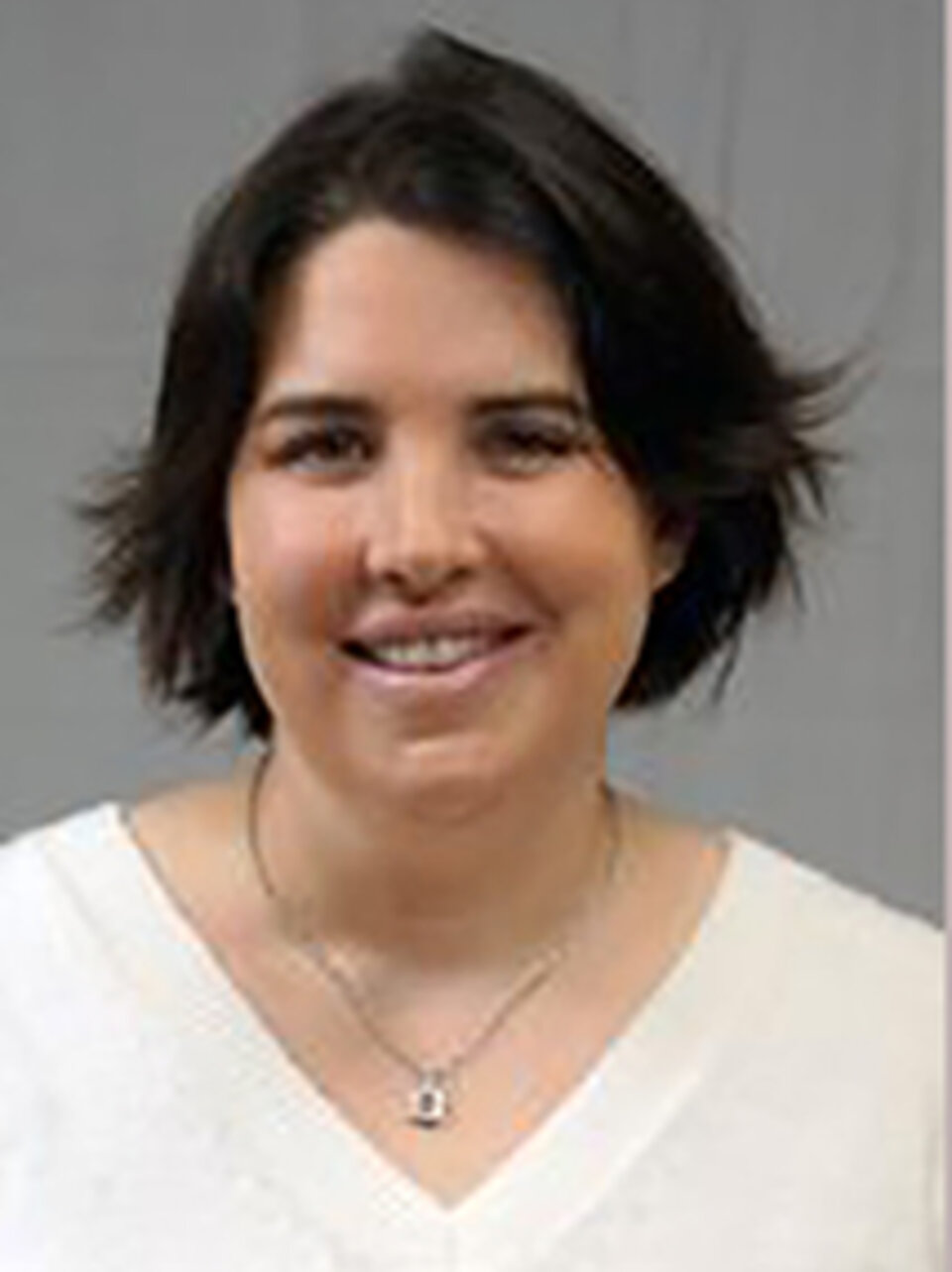
Webinar Title
Appropriate Use of Standardized Instruments in Assessment and Differential Diagnosis of Autism Spectrum Disorder (1.5 CE/CPD)
Recorded Presentation
Click Here to access her presentation in our Video Library.
Learning Objectives
After this presentation, the learner will be able to:
Describe the factors that led to the development of standardized diagnostic instruments for ASD.
Identify the potential advantages, as well as misuses, of standardized diagnostic tools in clinical and research settings.
Recognize how individual and contextual factors may affect diagnostic validity of specific tools.
Evaluate when application of certain tools may be inappropriate and determine what strategies to employ instead.
Abstract
This presentation will review the historical context surrounding the development of standardized diagnostic instruments for use in assessment of autism spectrum disorder (ASD), as well as the ways in which these tools are currently applied in research and clinical practice. We will discuss recent research on psychometrics of standardized instruments and how individual factors (e.g., age, sex, cognitive and language ability, behavior problems) may affect diagnostic validity. We will discuss best-practice guidelines for diagnostic assessment of ASD, including issues related to appropriate and inappropriate application of commonly used diagnostic instruments.
Bio
Somer Bishop, PhD, is a professor in the Department of Psychiatry and Behavioral Sciences and Weill Institute for Neurosciences at the University of California San Francisco. She is a clinical psychologist with expertise in assessment, diagnosis, and treatment of individuals with autism spectrum disorders (ASD). Her research and clinical interests are focused on ASD symptom manifestations in individuals of different ages and ability levels and on differentiating between ASD and other neurodevelopmental disorders across the lifespan.